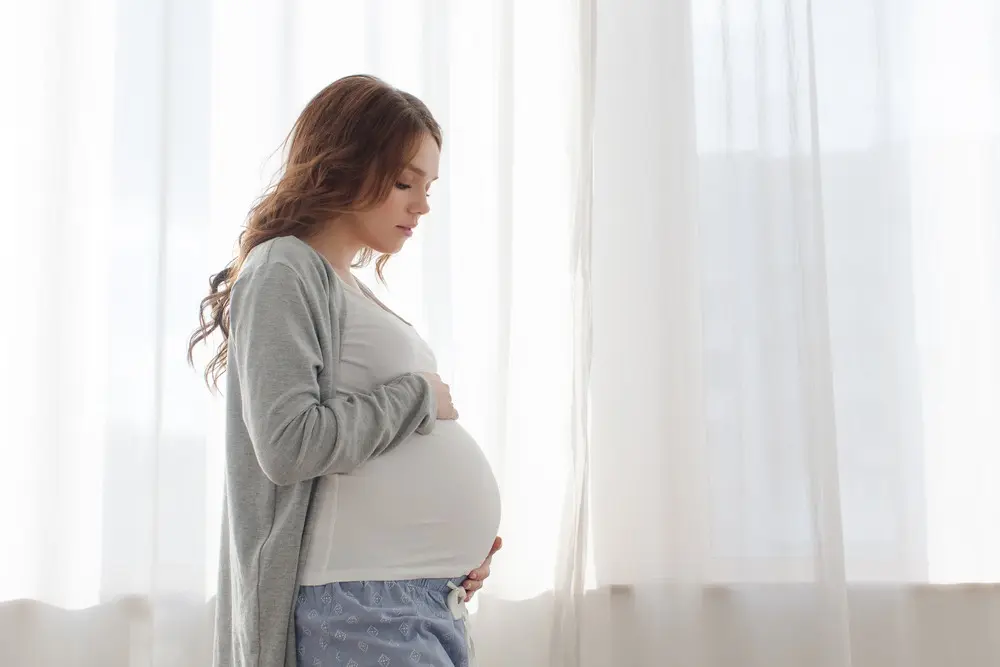If you’re on the path to delivering your child, chances are you’re actively discussing whether or not to have a vaginal or cesarian delivery. For some, the choice is simple. However, if you’re one of the nearly 30 percent of women that experience fibroids by age 35, your decision becomes a bit more difficult. Fibroids may lead to complications with a vaginal delivery, often forcing women to have a c-section, but why is that exactly?

Size and Location of Fibroids Play a Crucial Role
As your body prepares to give birth, the baby, in essence, uses an escape route to greet you. Depending on the location of the fibroids, there is a high chance that they can block the baby’s route from your abdomen and through your vagina for delivery. In addition, the afterbirth, or placenta, can also be directly impacted by the fibroids’ placement, requiring a c-section. If your fibroids are located lower in the uterus, as opposed to other locations, the chance for a c-section is dramatically raised.
Fibroid Removal May Also Lead to C-Section
If you’ve experienced a fibroid removal procedure, such as a myomectomy, your chances of having a c-section are often much higher. During the removal procedure, the surgeon may have had to cut deep into the uterine wall. If that’s the case, a vaginal birth could lead to serious complications such as uterine rupture. For this reason, it’s often recommended to have a c-section to prevent any sort of health issue.
Additional Fibroid Problems During Pregnancy
Although fibroids may cause some issues during delivery, it’s important to note that you should be actively monitoring your baby’s health throughout the entire duration of your pregnancy. As with the delivery, the location of a fibroid can cause issues with the supply of blood to your baby. If the fibroid is too close to the placenta, the baby may not be receiving enough blood, potentially resulting in a low birth weight or difficulty breathing among other things.
Consult with Florida Women’s Health About Fibroids During Pregnancy
Although c-sections may be recommended for some women, it’s not necessarily the standard for women with fibroids. In fact, natural birth may be a safer route for some. If you are pregnant and dealing with fibroids, contact Florida Women’s Health at (352) 820-4392 today to set up an appointment and learn about the safest solution for you and your baby.
Sources:
https://ask4ufe.com/uterine-fibroids-increase-risk-cesarean-birth/
